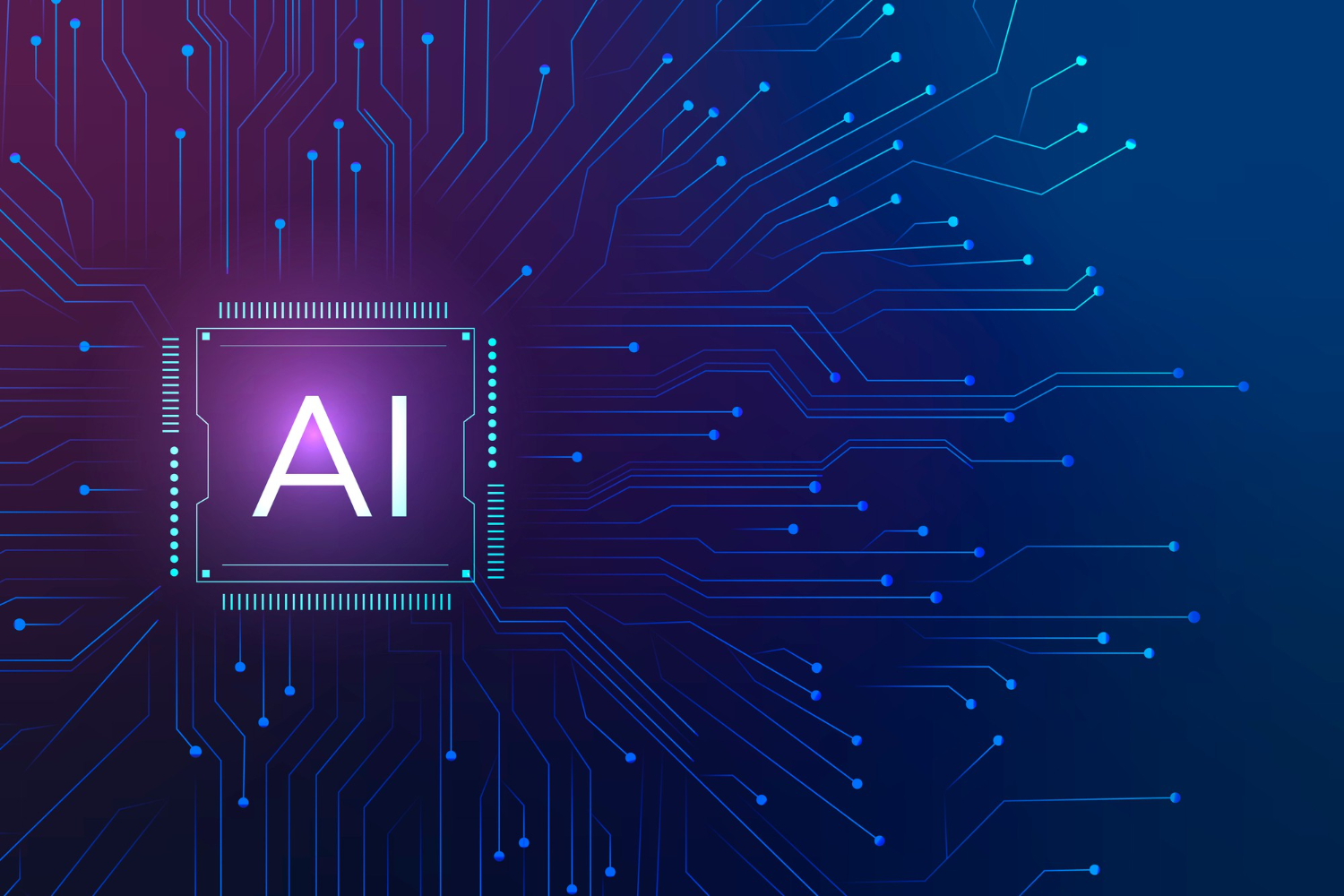How will AI change the future of business?

Disruption is a constant in today’s world. The world of work is changing rapidly. For small businesses, market share and brand recognition are taking time. If you have the appropriate tactics and unique items, you can have a portion of your company’s profits.
Machine learning and artificial intelligence are largely dependent on massive amounts of data, even though AI is still an ambiguous buzzword in tech for many. Scientists believe that data analytics will play a significant role in developing artificial intelligence (AI) and machine learning (ML) in the coming years.
Importance of AI:
There will be a wide range of AI-powered businesses and industries in the future since they will be able to analyze data across numerous functions, including fraud detection and high-quality customer service. This will provide them with an advantage in the marketplace.
Artificial Intelligence (AI) aids in the development of more human-like answers to complicated business problems. A computer-friendly technique of adopting aspects of human intelligence and implementing them as algorithms is a lot like this.
Like PCs and the Internet in the 1980s and 1990s, AI is a mere curiosity for most business leaders today. Artificial intelligence (AI) is commonly used technical terms in today’s commercial sector. According to a Gartner report, Artificial Intelligence (AI) is expected to play a significant role in business decision-making within the next five years.
A wide range of intelligent implementations, including robots, smart automobiles, consumer goods, and a wide range of apps and commercial solutions, benefit from AI and advanced machine learning. Numerous complex commercial operations can be automated with AI. Reducing work hours and utilizing human minds for more creative tasks like brainstorming, innovation, and research is possible. A growing number of artificial intelligence (AI)-powered apps and conversational bots help organisations streamline their processes by freeing up time for CEOs to focus on strategic initiatives like corporate growth and expansion.
Role of AI in Business:
Despite the dire forecasts about the impending demise of human jobs due to the rise of artificial intelligence (AI), no one can deny the growing importance of AI in business, which is gradually showing itself to be more of a facilitator than a disruptor.
Market Customer Insights:
Artificial intelligence may be a huge asset when it comes to analysing the market and your customers. With the use of predictive analysis, data from the system matrix, web matrix, and social media may be used to produce a better and more enhanced product. Customer insights can help you improve the customer experience.
Start-ups benefit greatly from AI. For the sake of their company’s expansion, start-ups can experiment with new ways of thinking and come up with creative ideas. Regular quality assessments help start-ups save money by reducing maintenance costs.
Additionally, AI-based systems can optimize your marketing tactics and reduce marketing costs by delivering the most effective marketing tool for your organization and also by removing customers who are not likely to become customers from your list of potential customers.
Most of your consumers and much of your business take place on social media. It is possible to employ artificial intelligence to better understand social networks on the internet. Different sorts of social media traffic are being analyzed using data mining techniques. It is possible to identify the most influential people and to classify various social marketing strategies.
In contrast to strictly statistical approaches, artificial intelligence software can learn. As a result, they are better capable of responding to changes in market behavior and continuously enhancing performance as new data is received.
Virtual Assitant:
The use of artificial intelligence for virtual help is becoming more common. For a variety of purposes, businesses use chatbots. Customer service is the most critical industry segment. Many people aren’t sold on the notion of talking to a machine for customer support because they fear it may malfunction. However, machine-driven customer service has potential when combined with human-driven customer service.
For instance. Using an artificial intelligence application for airline searches can answer simple questions like the status of a flight, alternative flights, and travel times. Human agents are better equipped to handle more complicated issues. Marketers are utilizing chatbots to communicate with potential customers more personally and engagingly.
When it comes to communicating with technology, chatbots and virtual assistants can have a big impact. More and more firms will utilize virtual assistants to improve their customer service in the coming years. Our predictions are that this tendency will continue for the foreseeable future.
Process Automation:
Automation has been steadily increasing in technology over the past few decades. A variety of automation techniques are being developed and innovated that allow businesses to be more nimble. Home appliances were the first automation tools, followed by industrial robots. Today, advanced robots work alongside humans in a wide variety of industries.
AI’s rapid ascent has sparked predictions that a new era of automation is on the horizon. Increasingly, cognitive tasks are being automated by artificial intelligence. Smart algorithms are becoming increasingly important in a wide range of businesses, including retail, hospitality, financial services, and more. These robots or algorithms are able to work 24 hours a day, seven days a week, without taking a rest.
Cyber Security:
Cybersecurity is a major concern for many corporate leaders, given the expected increase in cyberattacks in 2020. As the pandemic raged, hacker activity soared by 600 percent as they took advantage of individuals working from home, outdated technology, and open Wi-Fi networks.
Artificial Intelligence (AI) and machine learning (ML) will be crucial in identifying and predicting cyber threats. Because of its ability to analyze massive volumes of data, artificial intelligence will be a valuable asset in the fight against financial fraud.

